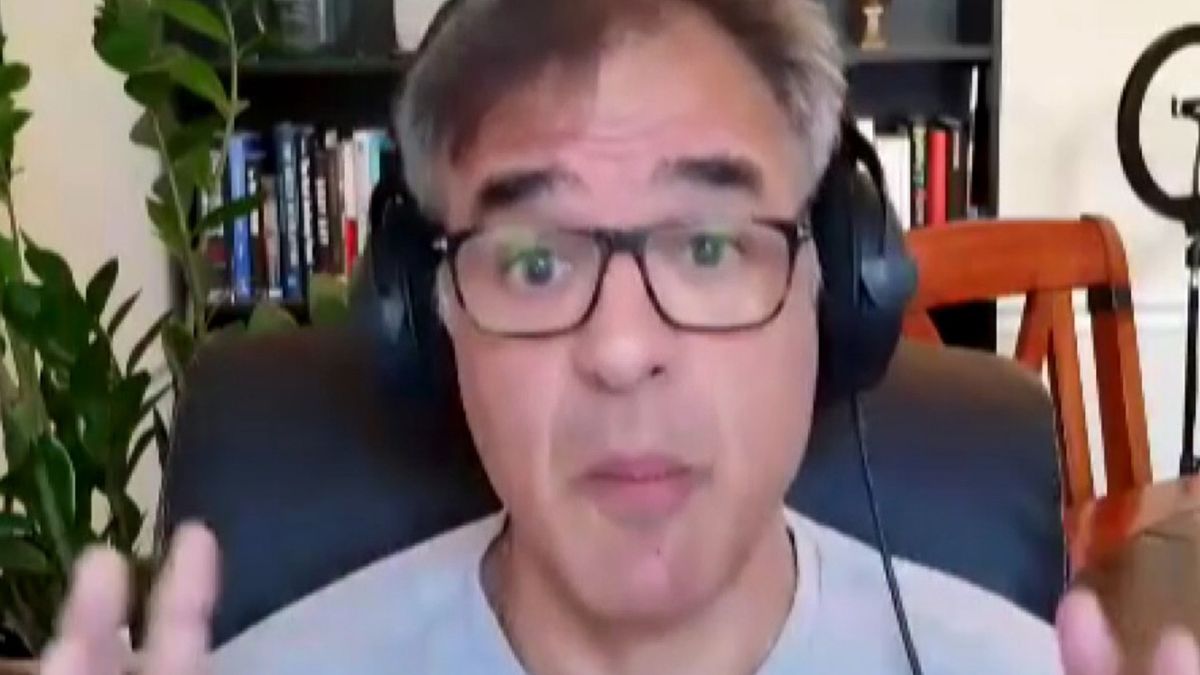John Kiriakou, who spent 15 years in the CIA including as chief of counterterrorism operations in Pakistan, made a series of revelations about US dealings with Pakistan, Saudi influence in nuclear diplomacy, and changing power dynamics in South Asia.
In an interview with ANI, Kiriakou claimed that Pakistan’s former President Pervez Musharraf effectively handed over control of the country’s nuclear arsenal to the US. He claimed that Washington “essentially purchased” Musharraf through massive military and economic aid, allowing US operatives wide access to Pakistan’s security and military operations.
“The United States loves working with dictators. You don’t have to worry about public opinion or the media. We essentially just purchased Musharraf,” Kiriakou said.
He added that Musharraf played a double game, publicly cooperating with the US on counterterrorism while covertly enabling Pakistan’s military and extremist groups to continue operations against India. “The Pakistani military didn’t care about Al-Qaeda; they cared about India. Musharraf pretended to side with the US on counterterrorism while committing terror against India,” he said.
Saudi intervention and critique of US foreign policy
Kiriakou also revealed that US plans to target Pakistani nuclear scientist Abdul Qadeer Khan were halted following direct Saudi intervention. “If we had taken the Israeli approach, we would have just killed him. He was easy enough to find. But the Saudis came to us and said, ‘Please leave him alone. We like AQ Khan. We’re working with him,’” he said.
He called the decision a major policy mistake, stating that both the CIA and the IAEA were instructed by the White House not to act against Khan, likely due to Saudi insistence. Kiriakou suggested that Saudi Arabia’s protection of Khan could have been linked to its own nuclear ambitions, noting the recent Saudi–Pakistan defence pact as Riyadh “calling in its investment.”
Kiriakou criticised American foreign policy as selectively moral, prioritising self-interest over democratic values. “We like to pretend we’re a beacon of democracy and human rights. But it’s just not true, we do what benefits us that day,” he said. He described the US–Saudi relationship as transactional: “Our foreign policy in Saudi Arabia is as simple as this, we buy their oil and they buy our weapons,” recalling a Saudi guard telling him, “You are hired help. We paid for you to come here and defend us.”
Concluding, Kiriakou observed that global power dynamics are shifting as Saudi Arabia, China and India redefine their strategic roles. “We’re sitting on an ocean of oil. We don’t need the Saudis anymore. They’re hedging their bets, improving relations with China and India. We’re witnessing a transformation in how the world operates.”
)